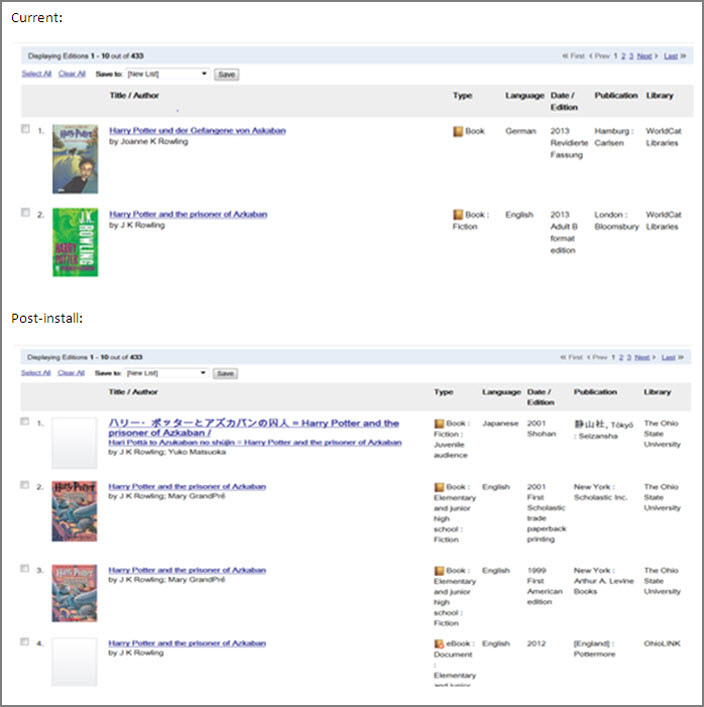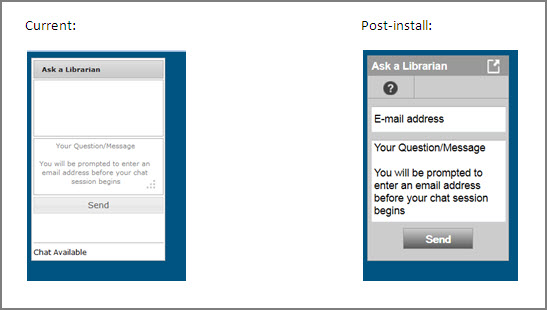Melvyl Enhancements – October 2013
There are several Melvyl enhancements as a result of OCLC’s October 28, 2013 WorldCat Local install described below and at http://www.cdlib.org/services/d2d/melvyl/public/24October2013_WCL_ReleaseNoteUpdate.doc.
(Some of the changes described at the link above do not impact the University of California’s versions of WorldCat.)
1. Change of default sort order on Editions page
OCLC has changed the default sort order on the Editions page to sort by Library. The results will now sort the same as our relevancy groups with the campus holdings appearing first.
2. Improved title data being passed in OpenURL link
OCLC added the 245 $b to the OpenURL link, when present.
3. QuestionPoint chat widget update
QuestionPoint has upgraded the chat widget. CDL has configured the code in WorldCat Local so this displays in Melvyl. The Qwidget color that is automatically used is gray, so as not to conflict with other custom color options in Melvyl.
4. Bug fix: HTML code displaying when quotes were used
5. Bug fix: Databases not in alphabetical order
The issue has been resolved where, in some browsers, the list of Non-OCLC licensed databases in the Licensed Content and Databases module was not appearing in alphabetical order.
6. New content added to WorldCat Local
OCLC announced that 34 new databases have been added to the WorldCat Local Central Index. These will not be turned on until January 2014. As a reminder, CDL will:
- Turn on databases that are licensed by all 10 UC campuses. This makes it workable to keep the databases in sync and results in a minimum of confusion for users. If one campus pulls out of a 10-campus license, CDL will remove that content from the Central Index for all campuses. We will notify the campuses if this occurs.
- Add databases twice each year: in June/July and December/January. CDL will use the master list in OCLC’s service configuration tool because it indicates when resources are actually activated, as opposed to OCLC’s spreadsheet, which includes pre-activation information. CDL does not have control of some content that OCLC adds to or deletes from the Central Index. CDL also does not control when a change in vendors causes additions or deletions to the Central Index.
- Not provide access to databases that are available only via Z39.50 because this method negatively impacts performance and the user experience.



